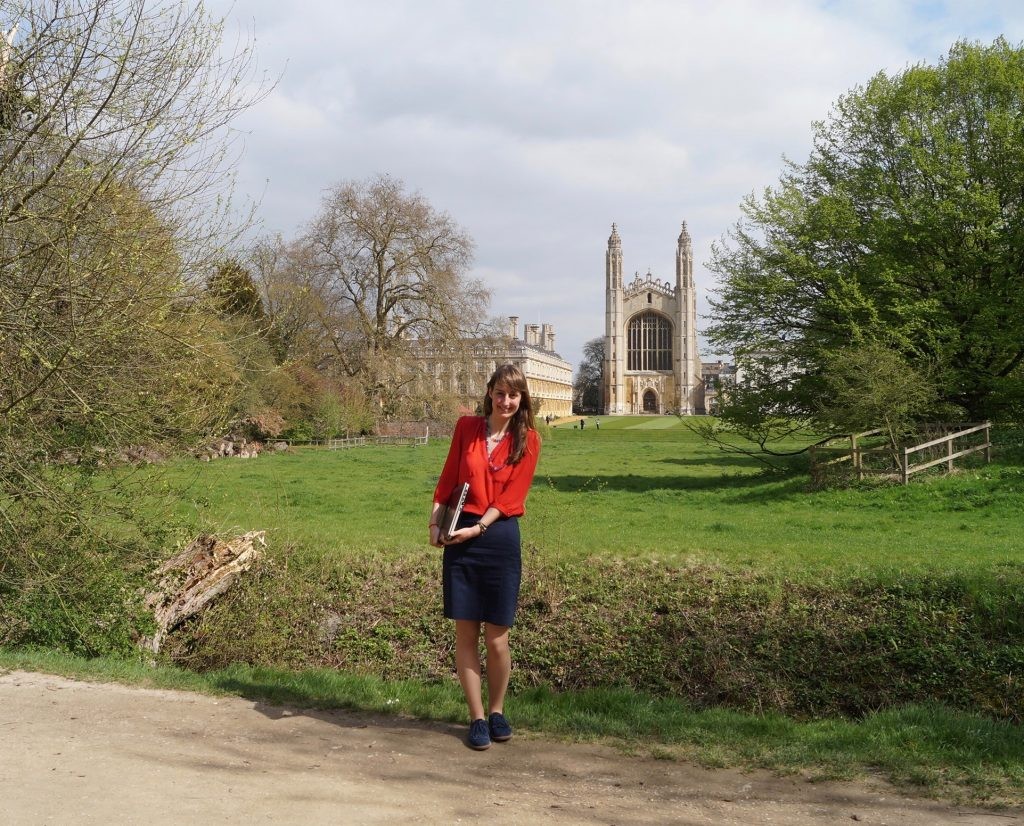Active? Pragmatic? Reflective? Theorist? What type of learner are you?
.jpg)
As a College, our customers are all keen to learn new information to improve their careers and work. Even outside formal learning, we are all trying to understand and retain new information. One of the key ways to do this successfully is to know what type of learner you are.
There are various ways of classifying learning styles but one of the most popular was created by Honey and Mumford. They divide learners into four types: Activists, Reflectors, Theorists and Pragmatists.
Am I an Activist learner?
Activist learners prefer to do and experience, learning through hands-on trial and error. They love new experiences.
Am I a Reflective learner?
Reflective learners observe and consider. They like to be thoroughly briefed, and reflect on what they have learnt. They also like to take time over their studying.
Am I a Theorist learner?
Theorists want to understand underlying concepts and theories. They need to be convinced, wanting models, theories and facts and they like to probe ideas and concepts.
Am I a Pragmantic learner?
Pragmatists want to see how to put their learning into practice in the real world. Uninterested in abstract concepts, they like see demonstrations of real world application.
How does the type of learner I am affect my learning?
Activists
Activists can find Distance Learning frustrating because they want to interact with other learners. If you are an activist learner, you should seriously consider attending classes, or finding a study buddy to bounce ideas off.
Reflectors
Reflectors often enjoy Distance Learning because they have time to absorb information. Their main danger is getting too bogged down with theories, spending time surfing the internet for more information rather than buckling down to studying or writing assignments. If you are a reflector, set yourself start and end times for your study periods.
Theorists
Theorists like models and applying theories. They like to have a whole structure and to be able to probe issues. They tend to love statistics, models and applying concepts theoretically. They often find it easier to learn the whole module before starting any assessments.
Pragmatists
Pragmatists need to see a link between what they are learning and the real world. If you are a pragmatist, look for examples, both in your reading and by going outside your learning environment. Remember that you are learning for long-term benefits, so while you may not be able to apply your learning now, it will be relevant in the future. Pragmatists also need clear guidelines for assessments, and to be clear what is required.
Of course, you may not fit into an exact box, and you preferred style may change overtime. It can also be helpful for realise that members of your team or your class may have completely different learning styles to yours. We appreciate this and take care in ensuring we cater to each one, with our different study method options.



